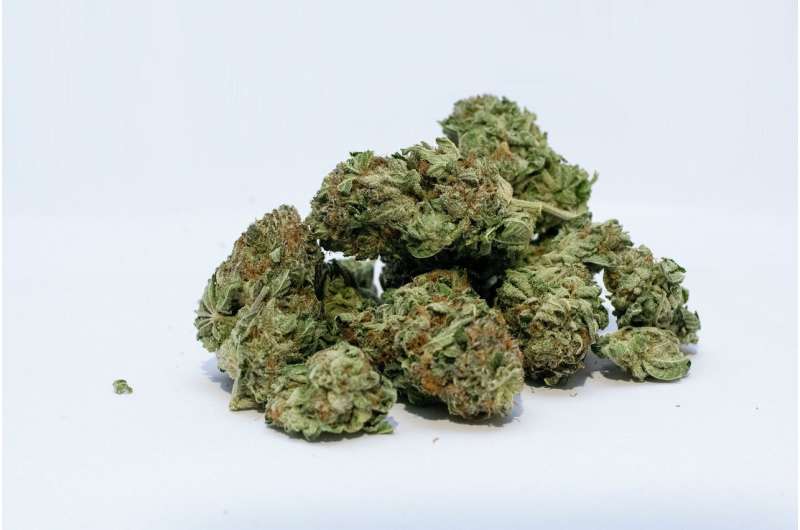Impact of Marijuana Legalization on Traditional Prescription Drug Use

Research reveals that recreational cannabis legalization has led to a significant reduction in prescription drug claims in small insurance markets, highlighting shifting healthcare patterns.
The legalization of recreational and medical cannabis in numerous U.S. states has significantly influenced prescription medication patterns. As cannabis becomes legally accessible for certain health conditions, consumers are increasingly substituting these products for traditional pharmaceutical drugs. Recent research published in Health Economics examined prescription claim data from 2010 to 2019, focusing on working-age populations covered by various insurance plans.
The study found notable declines in prescription drug claims within small group insurance markets following recreational cannabis legalization. Specifically, there was an average annual reduction of $34 to $42 per enrollee, amounting to approximately a 6% decrease in overall prescription claims in these markets. This suggests that some individuals may be choosing cannabis over prescribed medications for certain ailments.
Interestingly, these reductions were not observed in large group insurance markets, nor was there compelling evidence indicating that medical cannabis laws significantly affected prescription claim volumes in either market. The findings imply that the impact of cannabis legalization on pharmaceutical use might be influenced by demographic, economic, or market-specific factors.
The observed divergence between small and large insurance markets hints at underlying differences such as socioeconomic status, healthcare access, and consumer preferences that could shape drug usage behaviors. As cannabis continues to be integrated into healthcare options, ongoing research is essential to understand its effects on traditional medicine consumption.
This study emphasizes the importance of considering insurance market dynamics when evaluating cannabis’s influence on prescription drug utilization. The findings contribute to the broader discussion about cannabis's role in potentially reducing reliance on pharmaceuticals, which could have implications for healthcare costs and patient management.
Source: https://medicalxpress.com/news/2025-05-marijuana-legalization-affected-traditional-drug.html
Stay Updated with Mia's Feed
Get the latest health & wellness insights delivered straight to your inbox.
Related Articles
Understanding the Risks of Cosmetic Surgery and Non-Surgical Treatments
A comprehensive look at the significant risks associated with cosmetic surgeries and non-surgical treatments, highlighting safety concerns and the importance of informed decision-making.
Impact of Maternal Diabetes on Fetal Heart Fat Accumulation: A New Insight
A recent meta-analysis reveals that diabetes during pregnancy can lead to increased fat around the fetal heart, potentially indicating future health risks for children. Early detection through ultrasound may improve prenatal care strategies.
Using Mouse Bait with Tick Pesticide Significantly Reduces Infected Tick Populations in Field Trials
Field studies show that using mouse bait with tick pesticide can lower infected tick populations by 39%, offering a promising strategy to limit Lyme disease transmission in high-risk areas.



